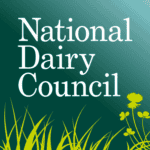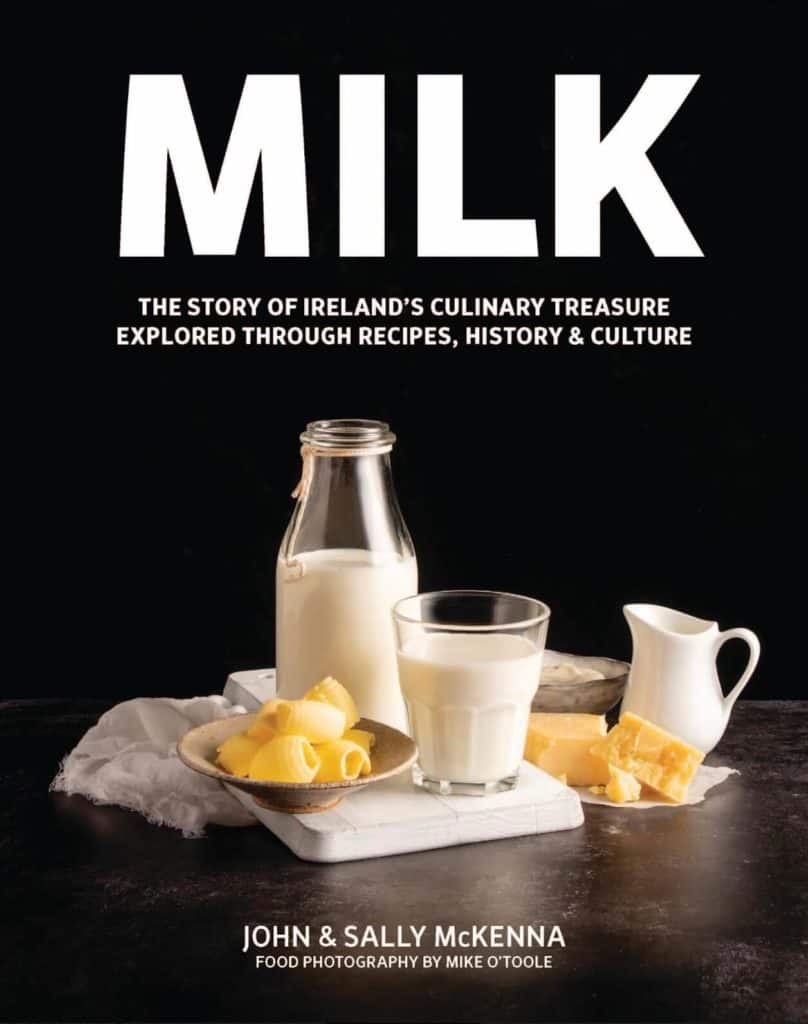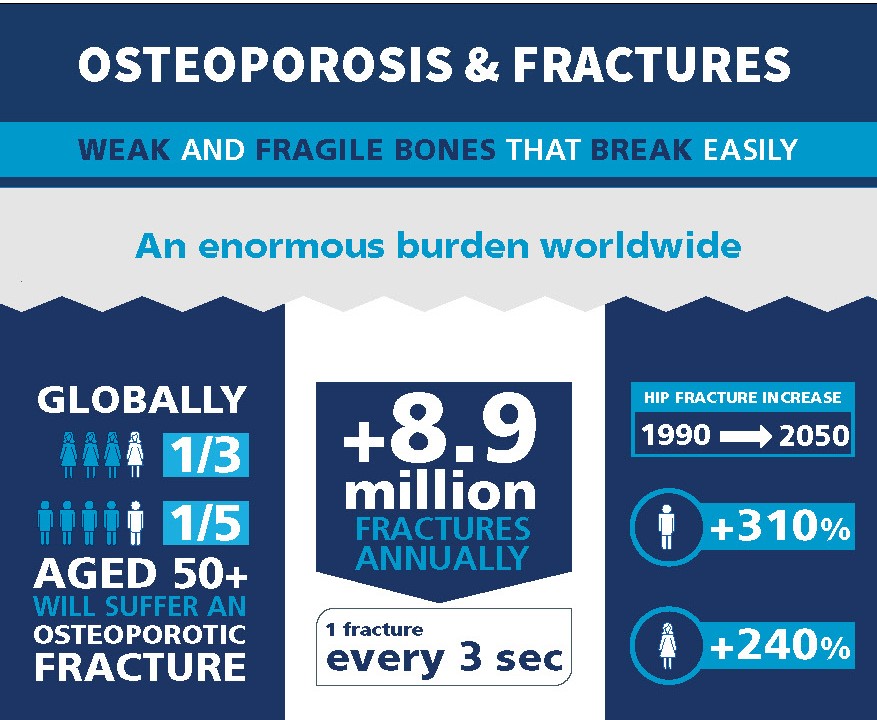Largest study of its kind in Ireland found link between daily dairy consumption and levels of a range of vitamins in older adults.
Dublin, Wednesday, November 30th 2016 – The largest study to date of nutrition in older adults in Ireland has found that 96% of adults over 60 years are not consuming the Department of Health recommended guidelines of three or more dairy servings per day. The study led by Trinity College Dublin which involved over 4,300 people from the Trinity Ulster Department of Agriculture (TUDA) ageing cohort, found that only 3.5% of those studied were consuming three or more servings of dairy per day.
The study also found that consuming dairy, in particular, yoghurt, makes a significant contribution to the vitamin B and vitamin D status of the older adults. Based on measuring vitamin blood concentrations, they found that those who consumed the most dairy had significantly better blood levels of specific vitamins including B12, B2, B6 and folate. The study was carried out in collaboration with researchers from the Northern Ireland Centre for Food and Health (NICHE) at Ulster University, Coleraine and the Mercers Institute for successful ageing St James’s Hospital Dublin, co-investigators of the TUDA ageing cohort.
Other key findings included:
- On average men and women had a little over 1 portion of dairy per day with men consuming fewer total dairy portions than women.
- Those who ate the most dairy, including cheese, also had the lowest BMI;
- Men and women both consumed more cheese than milk and continued to do so even as they aged, regardless of gender. However, cheese was not found to affect their blood concentrations of micronutrients. Because of the consistent consumption of cheese across gender and age, the study authors suggest that cheese could be a possible vehicle for food fortification of micronutrients such as B-vitamins and vitamin D.
Lead author of the study and Research Fellow at the Centre for Medical Gerontology, Trinity, Dr Eamon Laird said: “We found it significant that intakes of dairy rich foods were generally inadequate, and particularly so in men. Increased intakes of dairy foods were linked with better micronutrient status and those with the highest intakes of dairy (including milk, yogurt and cheese) had the lowest, (within the normal range), of BMI, a proxy for body fatness. The data suggests that older adults appear to be missing out on a relatively healthy and easily available source of vitamins and micro-nutrients.”
Professor Anne Molloy in the Department of Clinical Medicine, Trinity and senior investigator of the study said: “Milk, yogurt and cheese are natural sources of micronutrients and protein, which are needed to maintain healthy bone and muscle throughout life. The Department of Health’s guidelines recommend three servings from the ‘milk, yogurt and cheese’ food group each day. We are concerned that this study shows that older Irish people are foregoing an opportunity to boost their intake of specific nutrients including B-vitamins, which can play an important role in healthy ageing.”
The study was funded by the Irish Department of Agriculture, Food and the Marine, the Northern Ireland Department for Employment and Learning (DEL), Cross-Border Research and Development Programme: “Strengthening the all Island Research Base” and by the National Dairy Council, Ireland.
The paper is available here: http://link.springer.com/article/10.1007/s12603-016-0845-4?wt_mc=Internal.Event.1.SEM.ArticleAuthorOnlineFirst or please email Yolanda Kennedy for a PDF copy (details below).
ENDS
For media queries contact:
Dr Eamon Laird, Research Fellow at the Centre for Medical Gerontology Trinity College Dublin, at lairdea@tcd.ie or Tel: + 353 1 8964342 or + 353 851022120
Yolanda Kennedy, Press Officer for the Faculty of Health Science, Trinity College Dublin, at yokenned@tcd.ie or Tel: +353-1-896-4337, + 353 86 3860638
Dr Catherine Hughes, Research Fellow Ulster University, Coleraine at c.hughes@ulster.ac.uk or Tel: + 44 2870123516
Editors Notes:
A sample of 4,317 Irish adults over 60 took part in the study which was designed to investigate the role of genetics and nutrition in the development of age related conditions.

























